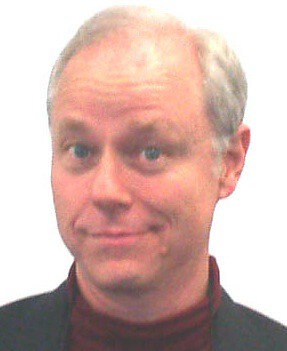From Will Richardson’s blog comes this anecdote from a trip he just took to meet with 100 tech coordinators from Pinellas County Florida schools. He found that a greater number than would have been the case in the past knew what blogs, podcasts and wikis were. Only about 10 knew what RSS was.
Richardson concludes the wrap up with this:
As we were discussing the concept of readers as editors, I showed them the white supremacist created Martin Luther King site . Well, actually, I showed a picture of it since it was being blocked at the time, and after pointing out the obvious racist tenor of the site, I asked how many could go and find out who owned that domain, who created and updated it.
There was a deafening silence.
Not. One. Person.
Mercy.
Well, I’m guessing that some readers here could find the following info useful: Whenever you want more info about any web page, there’s one place I recommend going. Who owns the domain name? What has the page looked like in the past and throughout it’s life? How much traffic does it get? Who is linking to it? How can I know when it changes in the future? These are just a few of the questions you can find answers to at the awesome meta tool URLInfo by FaganFinder. I often use particular tools from this set individually, but there’s really no reason to know more than this one page: faganfinder.com/urlinfo. Make sure you check out the “cache” tab, item “internet archive” when you’re there.
The direct answer to Richardson’s question is that you look up the WhoIs info to learn who owns the domain. But why stop there? Thought that might come in handy.
If there is more specific info than WhoIs on who specifically updates a page, somebody let me know – it’s news to me.
Find blog posts, photos, events and more off-site about:
research, WhoIs, websites, faganfinder, tools, metatools
 John Smith is the community liaison for
John Smith is the community liaison for